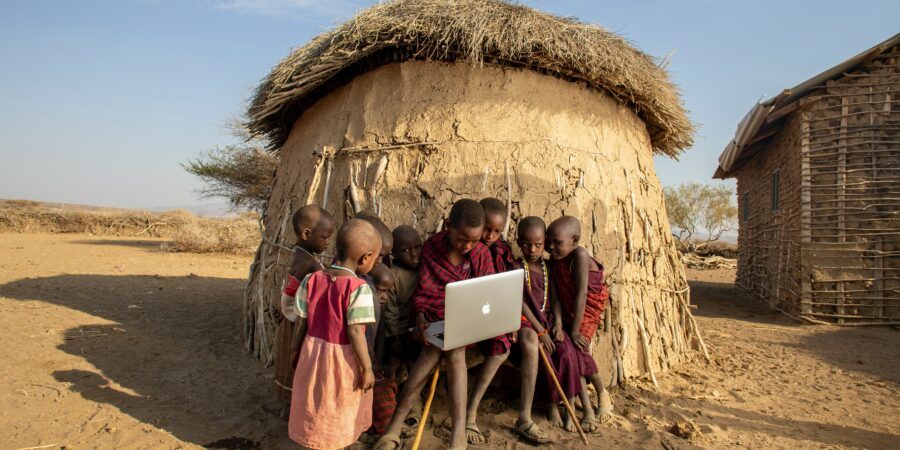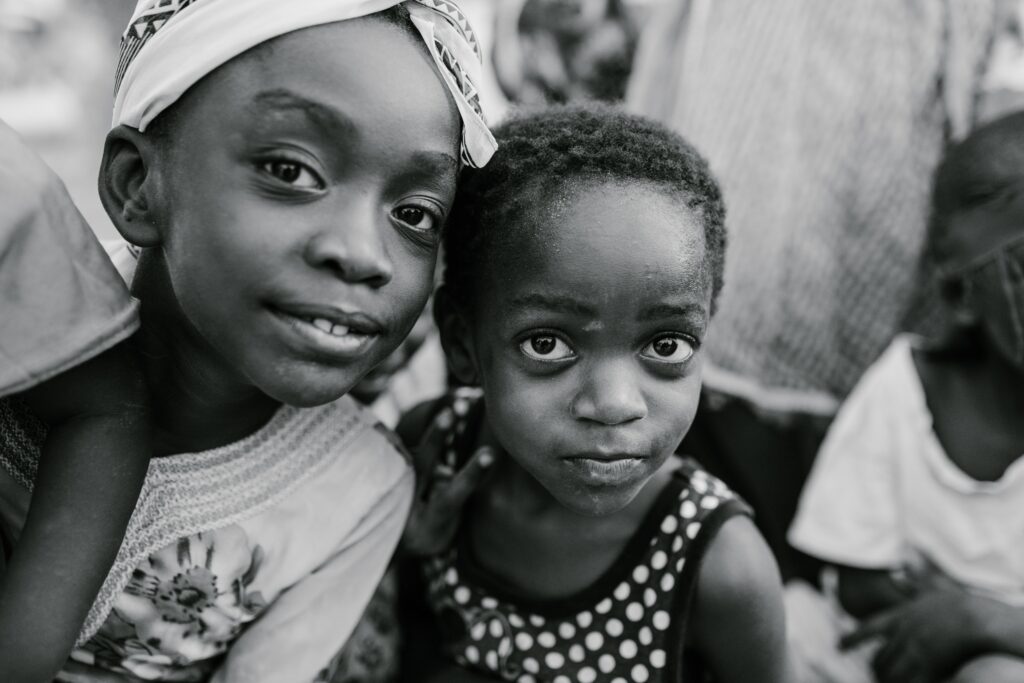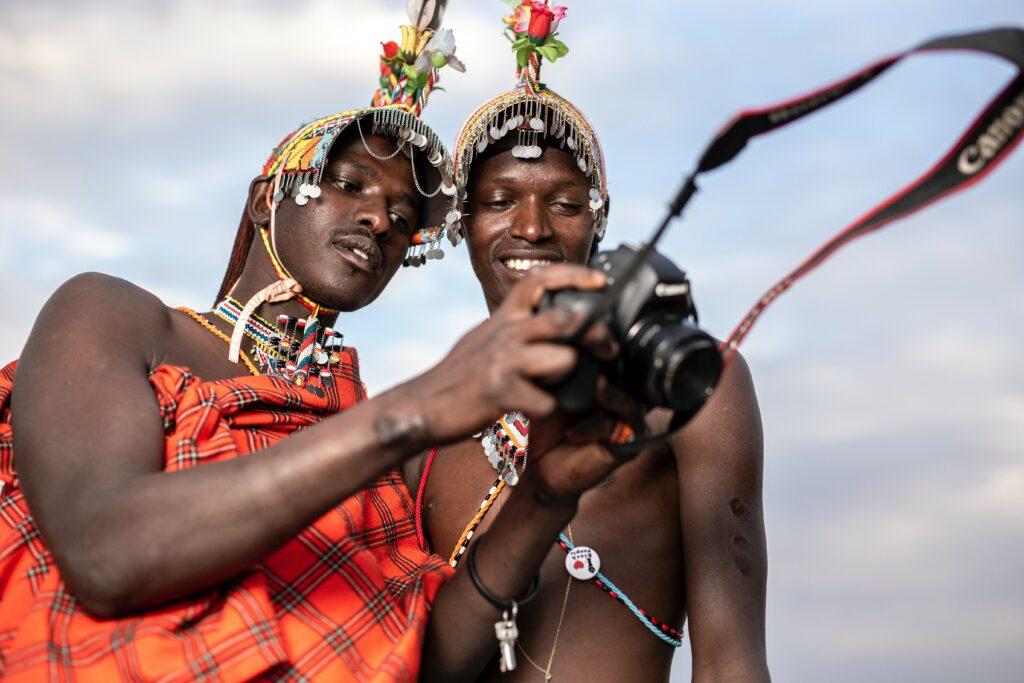In any Culture Media there is a tendency for both stability and change. It was typical for European colonial expansions in Africa to be accompanied by to spread Christianity and European civilization through missionary endeavors. They ‘inferior native’ inhabitants were given a type of benevolent tutelage. The White Man’s Burden, by Rudyard Kipling, does an excellent job of depicting this.
Colonization led to genocide as a result of direct effects. It decimated an entire population, and the gradual demise of African cultures directly resulted from this.
What role does cultural media play in the formation of a society?
Even those who are generally educated and knowledgeable have been surprised. Drumming and dance are seen as cultural expressions in Africa, which is incorrect and accidental. They fail to recognize the role that culture plays in the struggle for social and economic progress.
As a reminder, culture, often known as “the way of life,” must be considered while evaluating a people’s thoughts, deeds, and artifacts. It is a significant influence on how quickly or slowly a society develops. Anthropologists have found that people’s traditional values are closely linked. Fast response times are expected in current industrial and commercial activities, which is in line with modern expectations.
Modern societies cannot live without pre-existing cultural patterns, as no organization does now. A society’s willingness or reluctance to adopt and implement new ideas and technologies is primarily determined by its culture. The popular Cultural Media forms of radio, television and the press are intrinsically related to African culture.
In recognition of cultural media contributions to the battle against colonialism and exploitation. Why?
Throughout history, the Cultural Media have been instrumental in saving, inscribing, and preserving. Facilitate aspects that benefit these well-represented in social groups. People’s aspirations are not the main factor in these considerations. The factors that affect their views, expressions, and overall cultural identity development.
Schoolchildren in Ghana are still being summoned by the beat of the drum, despite the country’s current cultural shifts. Of all things, because of its social significance. Popular theatre, for example, is a sort of community-based entertainment. Aspirations and various battles for survival and progress are expressed in this community’s reality. There have been various popular forms of theatre throughout history, including dances, plays, and musical compositions.
Others have influenced the African peoples’ cultural struggles and evolution. The nature of conflict has shaped these art genres list. But colonialism had far-reaching effects on the political and economic structures of many African countries. There was also a sense of cultural invasion, alienation, and confusion with the change. It was colonialism’s primary goal to gain control of its riches, natural resources in output.
New ways of making and distributing money were developed. Aside from self-awareness and self-perception control. It was as a result of this that African culture was utterly obliterated. Over the millennia, they have fought against nature and organized themselves in many ways to survive. It was an incomprehensible and exploitative social system in which their societies became obsolete.
In its diverse languages, the Culture Media of Africa was still alive and well. The strength of Africa is depicted in different arts, religions, oration, and literature. Furthermore, these themes emphasized resistance to destruction and cultural obliteration. When these people were fighting for their independence, they employed African theatrical and cultural traditions as a protest. The fight for freedom in Cultural Media.
They used the song, dance, and ceremonial theatre to express their disdain for colonialism. When historical figures like Nigeria’s first president, Nnamdi Azikiwe, pass away. When they arrived in Ghana, they had a clear goal in mind: to start a newspaper. Through other forms of art, they could amplify their fight against colonialism.
And get their elite, who at the time seemed to be distant from their people, to understand realities on the ground. Initially, mass communication was a political need. The international stage serves as a display of African sovereignty and a means of strengthening national unity. The media and mass communication assisted these new political entities. To instill a sense of national pride in the new citizens and help them feel at home.
With today’s technology, popular art genres can be combined with new one. They have bolstered the desire of Africans to build stronger national ties in the future. This Cultural Media and communicative hybridization has been embraced. To accept what is excellent while enhancing the characteristics of the resolve in African people.
Cultural Media Ghana:
Ghanaian radio’s pioneering effort has been mentioned. One Radio and two are both simultaneously and nationally broadcast by Radio Ghana. Each week, these two networks air 250 hours of programming in six different languages and English.
At least six languages are required to interact effectively in the country. The vast majority of the people can communicate in their native language or, at the absolute least, in a language that those around them understand.
Counting the number of dialects spoken in Ghana is nearly impossible. People from different tribes speak a wide range of dialects. Both parties can still understand each other. The plot is very different from what you’d see on television.
Cultural Media in Radio:
The rapid development of radio has made it an essential element of our daily lives. It’s easy to overlook how recently it arrived and how quickly it’s grown throughout most of Africa. Most of today’s political, social, and economic activities may be traced to the Cultural Media.
When it came to African languages, Northern Rhodesia was the first place to start. Harry Franklin, the colonial administration’s Director of Information, set up and ran the Lusaka station in his own time. Only a few indigenous listeners took advantage of the community sets given by the courts and administrative facilities.
Cultural Media in the Press’s Legacy:
The print media indigenous the control has not had the same success. Africa’s contemporary and electronic media environment have evolved due to direct or indirect connections with Europe. There were few, if any, written languages in African society. If they did, printing was either unknown or yet in its infancy for them. Because of European colonialism in the region south of the Sahara, the majority of people were educated.
This is why European languages were used for the vast majority of printing. Oral modes of communication have traditionally played an essential part in preserving a person’s social standing. Furthermore, governmental stability lent a hand in preserving and reinforcing social norms and values.
An entirely new type of communication, based primarily on print and typically in another language, began to challenge oral communication. Even if an African language was spoken, it was not necessarily used in traditional oral language in the continent. In this way, the advent of new print Cultural Media signaled the beginning of a shift away from the established order.





